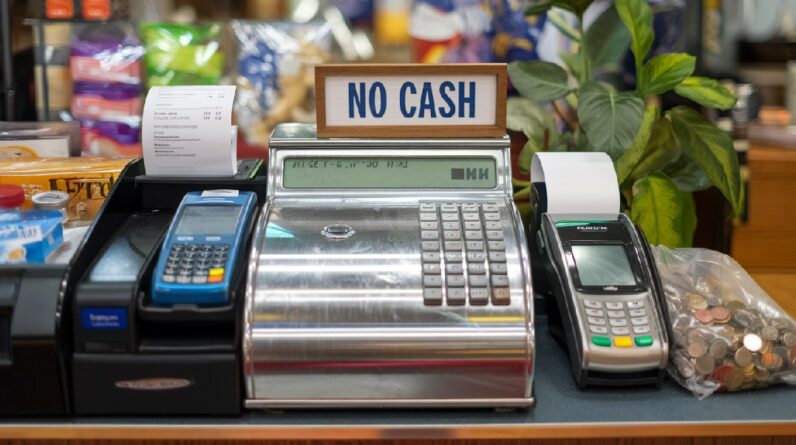More than 3 million Australians have fallen victim to debit and credit card fraud this year.
According to recent research, Australians’ personal information is being stolen at a rate that is more than 20 times higher than the global average.
Since October, there have been an alarming number of data breaches as a result of two significant cyberattacks on major Australian service providers Optus and Medibank.
The spike in internet privacy breaches around the country is contradicting a global trend where attacks have reduced, according to a quarterly analysis from data leak monitoring provider Surfshark.
Surfshark principal researcher Agneska Sablovskaja said the spike could be partly explained by the addition of the 1.75 million email accounts hacked in the Medibank cyber assault. Data breaches decreased globally from October to November by 70.8%, according to Ms. Sablovskaja.
She also said that data breaches in Australia have increased by 1550%, from 107,659 in October to 1,776,065 in November.
International fraudsters may view the country as a “easy target,” according to Susan McLean, a cyber security specialist and former Victoria Police officer with Cyber Safe Solutions.
According to Ms. McLean, “it’s frequently opportunistic offending; they look at what’s out there, how it’s being stored, and they’ll have a crack at most huge systems to see how they go.”
We are aware that this is a rapidly expanding crime and that the criminals frequently think ahead. If you keep any information about anyone, this should serve as a warning to you to make sure your systems are up to par so you don’t end up in the headlines for all the wrong reasons.
It was challenging to foresee where hackers may strike next because they had diverse motivations, according to Ms. McLean. According to what a hacker wants, she said that it will determine what kind of business they’re going to go at. While some people merely want to cause trouble, others, like the Optus case, offer a very simple cash reward by providing them with access to identity information that they can use to apply for loans and credit cards.
Although the Medibank data is completely useless to the hackers, they were undoubtedly expecting that Medibank would pay a ransom. Of course, paying a ransom to hackers is the one thing you should never, ever do.
The low level of protection provided by schools for the data of their pupils and staff members, according to Ms. McLean, may also contribute to the high frequency of data breaches in Australia.
A month earlier, Alkira Secondary College was repeatedly attacked by a hacker who threatened to reveal the personal information of teachers to the public. In June, Melbourne’s Xavier College reported to the Office of the Australian Information Commissioner that approximately 45 people had their financial information stolen.







